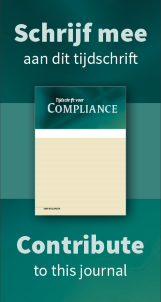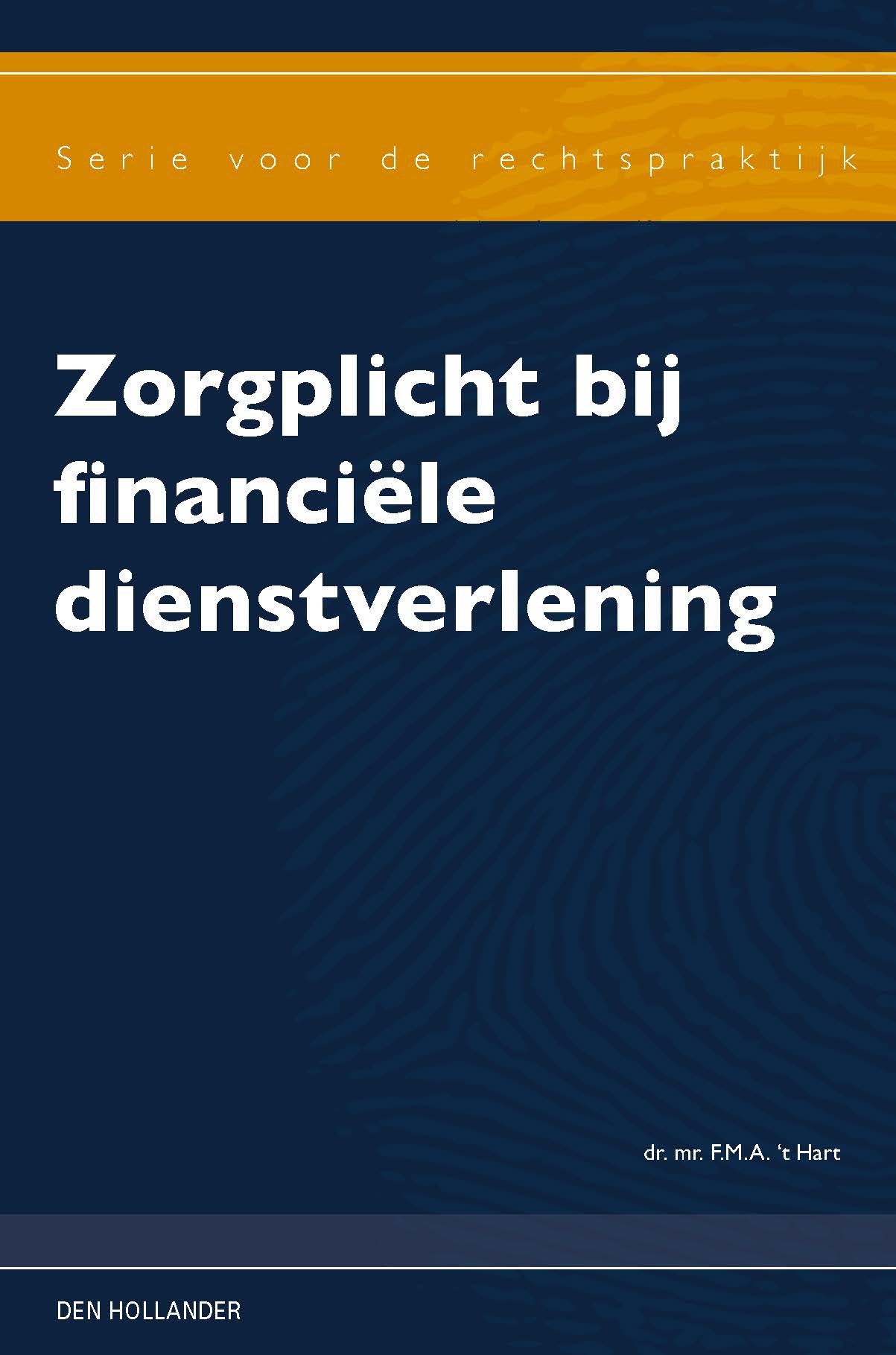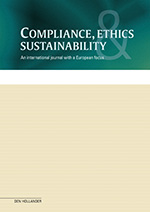Tom Loonen1Both monitoring and sanction screening payment transactions by banks are activities that have a legal basis to carry out. The obligation to monitor transactions for unusualness is laid down in Article 2a of the Money Laundering and Terrorist Financing (Prevention) Act ('Wwft'). According to the Sanctions Act 1977 ('Sw') a supervised institution should adequately check whether the identity of a relationship with a (legal) person or entity to which sanctions apply is consistent.Both activities are important activities especially as they have a high degree of complexity and the financia... abonneren of dit artikel kopen.
N.L. Oostindjer LL.M.1The EU has introduced explicit compliance obligations in its 14th Russia sanctions package, marking a shift from just prohibiting certain economic activities to also mandating how businesses must ensure compliance. Previously, operators had to adhere to sanctions but were not given clear regulatory requirements on implementation within the regulations. The evolving framework extends beyond sanctions regulations to broader EU legislation, including anti-money laundering (AML), instant payments, and crypto-asset transactions. This fragmented approach risks resulting in overlapping yet inco... abonneren of dit artikel kopen.
Xavier Codina and Santiago Fernández Tourné1In 2024, the European Union introduced a comprehensive anti-money laundering (AML) package aimed at harmonising AML legislation across Member States. This package establishes new obligations for obliged entities (i.e. entities covered by AML legislation) to manage and mitigate the risks associated with anti-money laundering, financing of terrorism and non-compliance with international sanctions. This package marks a significant step towards a unified approach to AML and sanctions compliance within the EU. In this regard, the package represents a partial intersection between AML and sanct... abonneren of dit artikel kopen.
Jan Dunin-Wasowicz and Sebastiaan Bennink1European Union ("EU") sanctions compliance has gone global. Since the beginning of Russia's full-scale invasion of Ukraine in February 2022, the EU has continuously expanded the substantive and geographic reach of its restrictive measures in innovative and unprecedented ways.[2] Among these latest innovations is a requirement, now enshrined in several EU sanctions regulations concerning Russia and Belarus, for legal and natural persons subject to EU law ("EU operators") to undertake their best efforts to ensure that any entity that they own or control outside the EU do not undermine EU s... abonneren of dit artikel kopen.
L. Delfassy1EU embrace of extraterritoriality and the challenges ahead The European Union's stance on the extraterritorial reach of its sanctions has evolved recently, particularly in response to the need to prevent circumvention of restrictive measures against Russia. This article examines the legal basis and challenges associated with the "Best Efforts" obligation and the "No Re-export clause". While these provisions impose contractual and compliance obligations on EU-based companies, they also raise questions about their extraterritorial enforcement, legal consistency, and the pot... abonneren of dit artikel kopen.
Patrick Özer, Jori van Schijndel and Monica van Santbrink1Responding to potential sanctions breaches A famous quote from Benjamin Franklin reads "by failing to prepare, you are preparing to fail", emphasising the critical role of preparation in achieving success. In today's fast-paced and complex society, there are many aspects that can have a significant impact on an organisation, such as natural disasters, cyber attacks, fraud and – case in point – sanctions breaches. Sanctions breaches represent a risk that can be overcome by proper preparation. Implementing a sanctio... abonneren of dit artikel kopen.
mr. P.J.A. Wilbrink, mr. M.T.P. Simons, mr. G.M. Boezelman en mr. F.M. van den Berg1Over wettelijke verplichtingen, uitdagingen en kansen In de afgelopen decennia zijn internationale sancties in toenemende mate ingezet als politiek drukmiddel op supranationaal niveau. Banken spelen een sleutelrol in de naleving van internationale sancties. De sancties die als reactie op de Krim-annexatie door Rusland in 2014 werden opgelegd, brachten het politieke instrument al in de schijnwerpers van Nederlandse en Europese banken. Maar de inval van Rusland in Oekraïne in 2022 markeerde een kantelpunt in de internationale betrekkingen. Met de afkondiging van een ongeken... abonneren of dit artikel kopen.
prof. mr. dr. B. Snijder-Kuipers en S. Curtis1Q: Could you introduce yourself? Who is Alan Morley? A: I'm currently Director at Huron Consulting Group where I am responsible for our anti-financial crime and compliance practice. I can be considered the nexus between technological solutions and financial institutions' adoption of these solutions in order to; Achieve and maintain compliance and; Operate at an optimal level in terms of cost and efficacy So I will mostly be talking about what my team and I have b... abonneren of dit artikel kopen.
prof. dr. E. Karssing1In de bedrijfsethiek is een groot aantal boeken en artikelen verschenen waarin op praktische wijze prangende vraagstukken worden behandeld en concrete aanbevelingen worden gedaan voor het bevorderen van de ethiek en integriteit van organisaties en hun medewerkers. Niet iedereen weet deze publicaties te vinden of heeft tijd ze te lezen. Daarom kijkt Edgar Karssing geregeld voor het Compliance, Ethics & Sustainability Journal in de boekenkast van de bedrijfsethiek en bespreekt hij een artikel of boek. Deze bijdragen zijn geen recensies, maar een samenvatting v... abonneren of dit artikel kopen.





 RSS
RSS